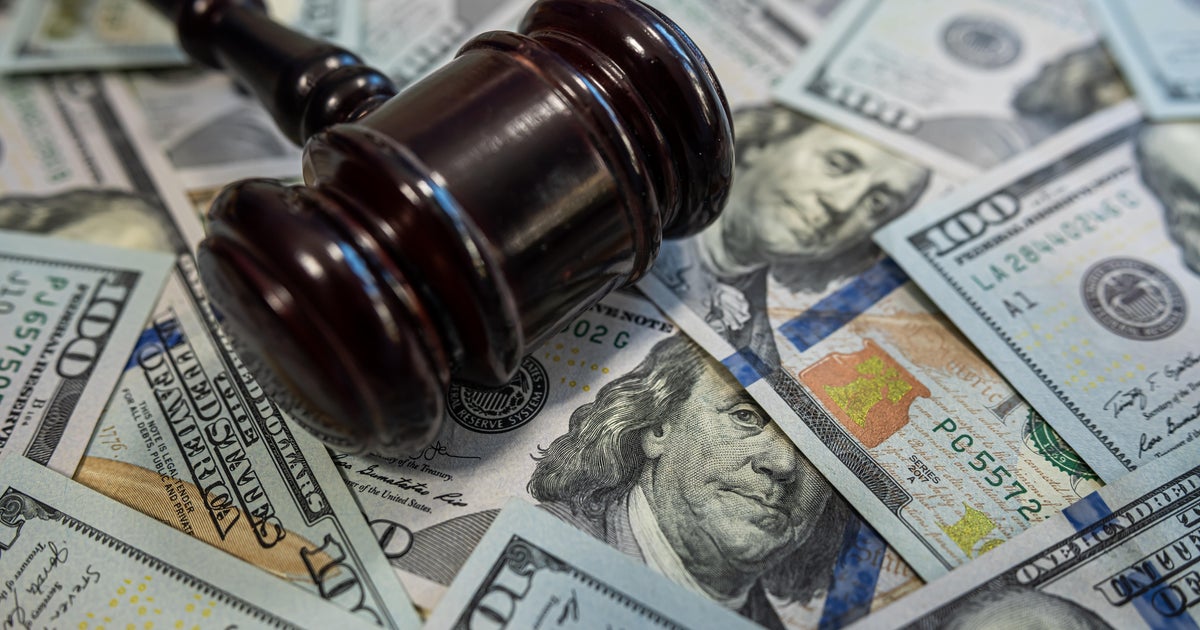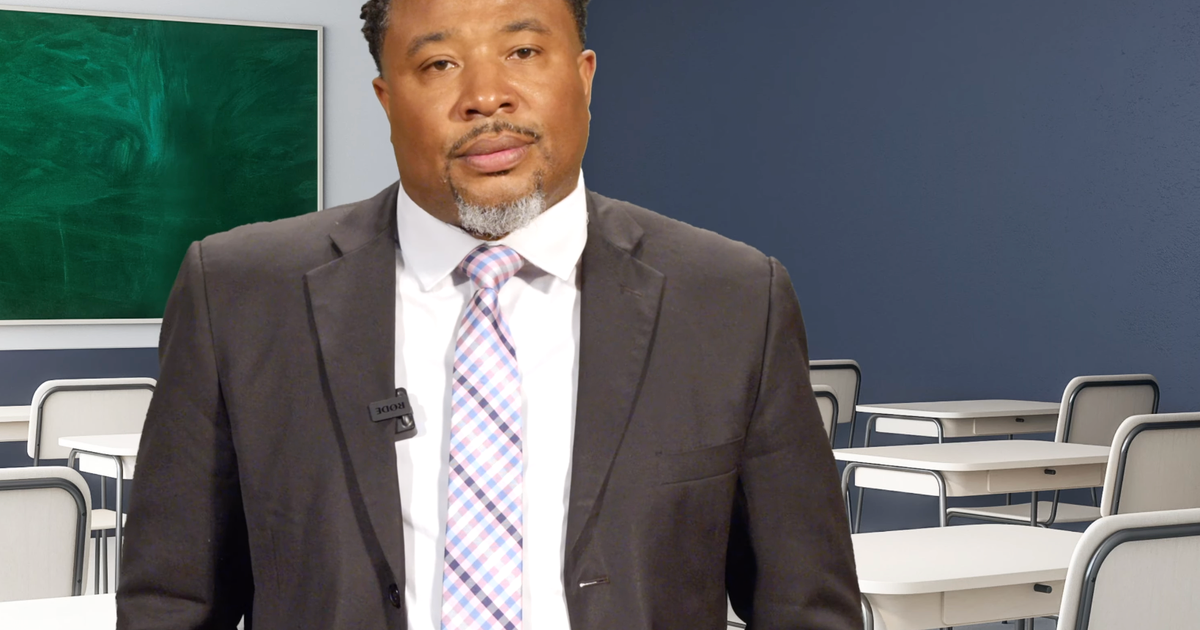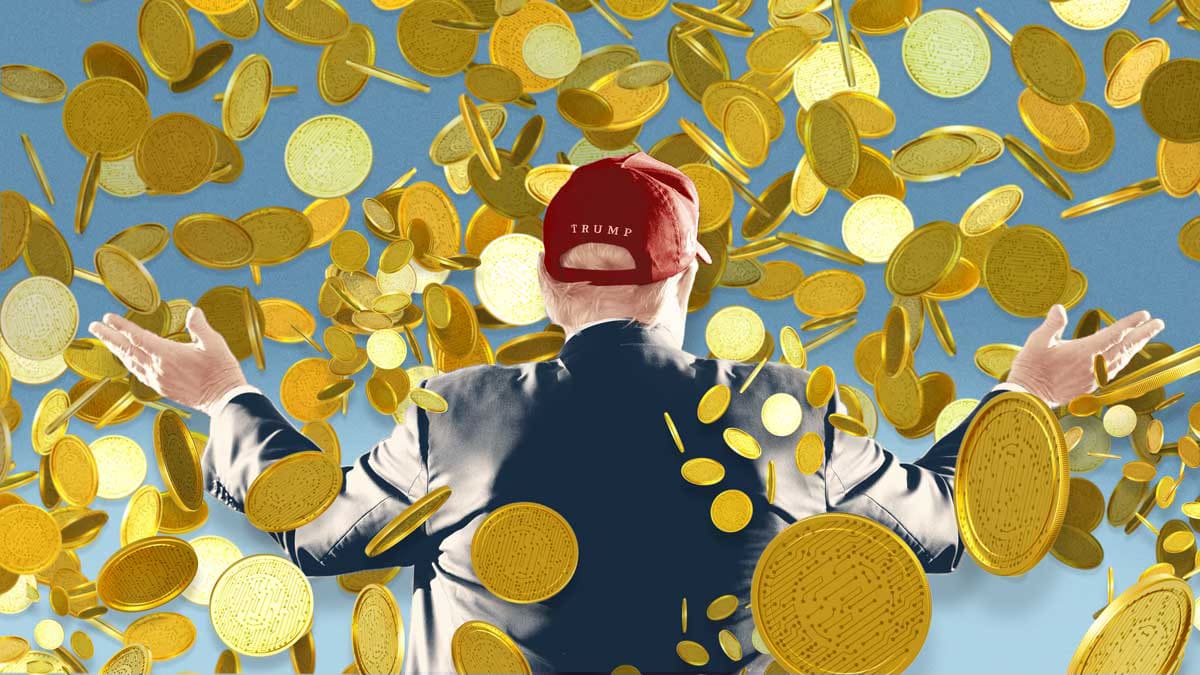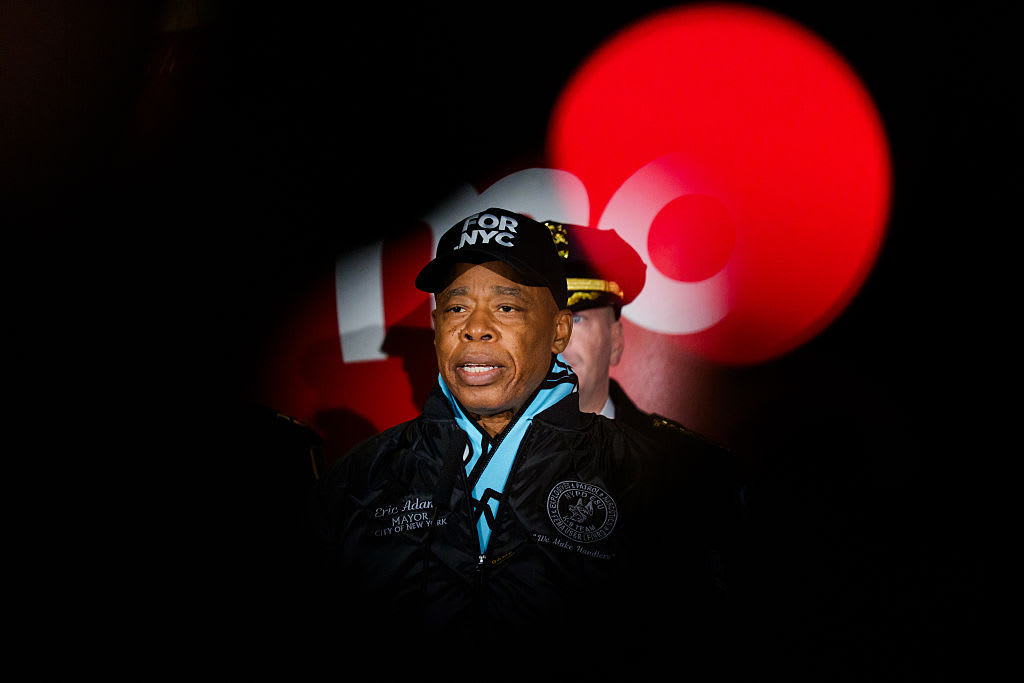FTX's Sam Bankman-Fried: What to know about his arrest and the charges he faces
In a moment of self-reflection after the collapse of his cryptocurrency exchange FTX Trading, Sam Bankman-Fried tweeted on December 9 that he considered himself a "model CEO" who nevertheless "made a lot of big mistakes this year."
Regulators now allege that the former FTX CEO is far from a well-meaning corporate leader, instead claiming that he "willfully and knowingly" defrauded investors. Bankman-Fried was arrested on Monday in the Bahamas on federal charges filed in the U.S., which include multiple counts of wire fraud and conspiracy related to the collapse of FTX.
The rise and stunning fall of Bankman-Fried combines the get-rich-quick allure of cryptocurrencies with the breathless hype that formerly surrounded the 30-year-old MIT graduate, whom Fortune magazine once called possibly the "next Warren Buffett." And in wake of FTX's bankruptcy, the entrepreneur has left investors reeling and FTX owing its creditors at least $3 billion.
"Everybody loved the idea of a politically progressive entrepreneur ... who was going to change the world, all while making them gobs of money," said Rep. Bill Huizenga, a Republican from Michigan, in a congressional hearing on Tuesday about the FTX collapse.
Here's what to know about the charges facing Bankman-Fried.
Why was Sam Bankman-Fried arrested?
Bankman-Fried was arrested in the Bahamas Monday based on federal charges that were unsealed Tuesday morning, which include eight counts of wire fraud, money laundering, violations of securities laws and other financial crimes.
The charges, which were filed by the U.S. attorney's office for the Southern District of New York, allege that he knowingly defrauded customers by using their cryptocurrency assets to pay for debts and expenses from Alameda Research, FTX's hedge fund.
The charges allege that the fraud started as early as 2019, or the year that FTX was founded.
Is Bankman-Fried facing other charges?
Yes, the U.S. Securities and Exchange Commission — the agency that regulates the financial markets — also filed charges against Bankman-Fried on Tuesday.
In that case, the agency is accusing Bankman-Fried of commingling FTX customers' funds with Alameda to make undisclosed venture investments, expensive real estate purchases and big political donations.
The Commodity Futures Trading Commission on Tuesday announced similar fraud charges against Bankman-Fried and FTX, alleging in a lawsuit that the company caused customers to lose $8 billion.
How much money did FTX lose?
John Ray III, who stepped in as FTX CEO after Bankman-Fried's resignation on Nov. 11 after a long career that included overseeing the Enron bankruptcy, said in a House hearing on Tuesday that about $7 billion was lost in the collapse. Ray alleged that Bankman-Fried and others at FTX misused customer funds, contributing to the losses.
"It's really just the unlimited ability of those in control positions to borrow customer funds or take customer funds and then deploy them for their own use," Ray said in the hearing. "That use involved margin trading, which is inherently risky."
He claimed, "This is really old-fashioned embezzlement — it's not sophisticated at all."
Bankman-Fried had been expected to testify at the hearing, but he was removed from the witness list following his arrest.
What did FTX tell customers it was doing?
FTX's customers used the exchange to buy, store and trade hundreds of different cryptocurrencies, including bitcoin, ether, solana, litecoin and dogecoin. At one point, $840 million worth of crypto assets were exchanged on its platform each day, according to CoinMarketCap.
FTX gained national attention with its expensive Super Bowl ads this year featuring quarterback Tom Brady and comedian Larry David. In the Larry David ad, when the comedian is told that FTX is a "safe and easy way to get into crypto," he responds, "Eh, I don't think so — and I'm never wrong about this stuff."
FTX portrayed itself as being able to help people interested in crypto safely navigate the complexity of what is a notoriously risky asset class. But the company had very few internal controls to protect customer assets, with investor money transferred to Alameda and customer funds co-mingled into "one pot of crypto," Ray testified on Tuesday.
What led to FTX's collapse?
Ray and regulators are examining the internal workings of FTX to get to the bottom of the failure, but the company unraveled in early November after finding itself billions of dollars in debt due to speculative investments, including in the company's own digital coin, that turned sour and a series of other miscalculations.
Bankman-Fried has said he mistakenly believed FTX had enough cash on hand to pay 24 times the amount of money users typically withdraw in a day. In actuality, the firm had a much thinner capital cushion, with only enough cash to pay 0.8 times that amount.
When customers sought to withdraw their money amid fears about the company's solvency, there was "a run on the bank," Ray said on Tuesday.
Ray highlighted other issues with FTX, such as its misuse of customer funds and what he alleged was Bankman-Fried's decision to make investments without properly valuing the assets.
"By definition I don't trust a single piece of paper in this organization," Ray said on Tuesday.
What happens now?
The U.S. is expected to ask authorities in the Bahamas to extradite Bankman-Fried, which experts said is likely within the scope of a 1931 treaty between the two countries.
Because of that existing legal framework, "This would be a moment where one could strike while the iron is hot," Michael Parker, head of anti-money laundering and sanctions practice at law firm Ferrari & Associates, told CBS News. "If Mr. Bankman-Fried, for instance, went to another jurisdiction, it could be more difficult, and so the Bahamas may have been seen as a friendlier jurisdiction from which jurisdiction could take place."
In pursuing the case against Bankman-Fried, Parker said prosecutors will have to show that he knowingly committed the alleged crimes outlined in their indictment beyond a reasonable doubt.





